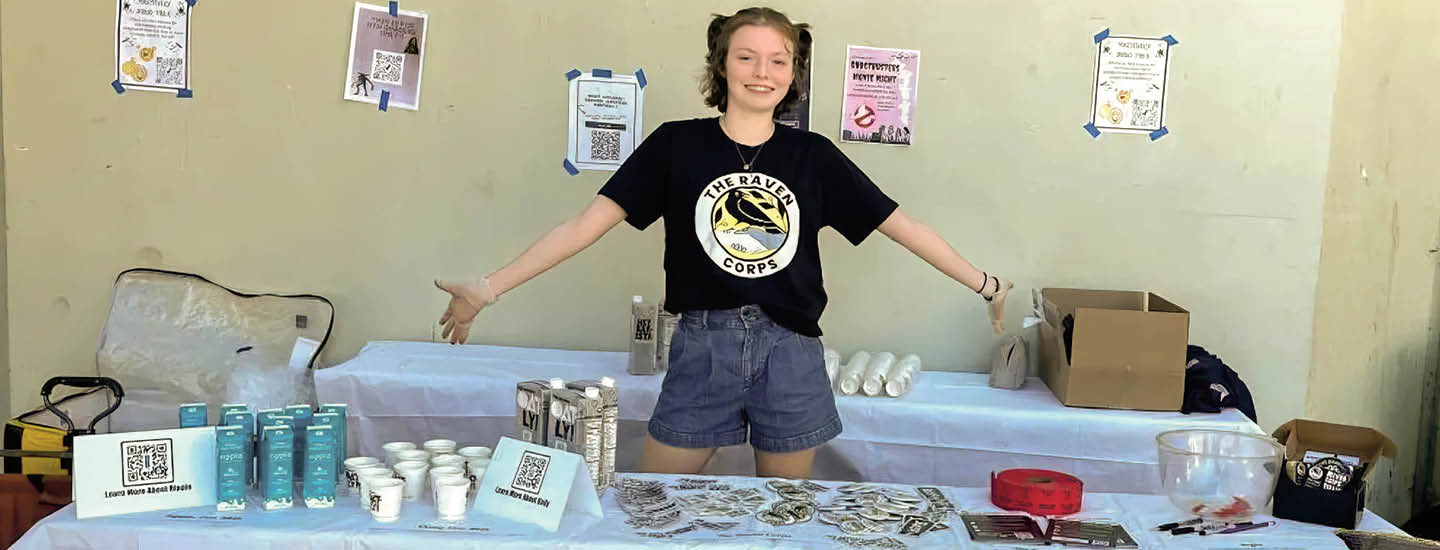Marielle Williamson was fed up with dairy milk. For the Los Angeles teen, it wasn’t simply an issue with the taste—it was also the inhumane treatment of dairy cows, the impact of dairy farming on the environment, and the inability of many people to digest milk.
Last fall, Marielle, then 17, handed out oat milk samples to fellow students at Eagle Rock High School and talked about the benefits of plant-based milk. Then she planned something even bigger for the spring: a day of action criticizing dairy milk and promoting plant-based milk to students.
But her principal, she says, told her she couldn’t hold the event unless she also discussed the benefits of dairy milk, a requirement that “defeated the entire purpose of the campaign,” Marielle says.
Marielle Williamson was fed up with dairy milk. For the Los Angeles teen, it wasn’t simply an issue with the taste. She was also concerned about the inhumane treatment of dairy cows, the impact of dairy farming on the environment, and the inability of many people to digest milk.
Last fall, Marielle, then 17, handed out oat milk samples to fellow students at Eagle Rock High School. She talked about the benefits of plant-based milk. Then she planned something even bigger for the spring. She planned a day of action criticizing dairy milk and promoting plant-based milk to students.
But her principal, she says, told her she couldn’t hold the event unless she also discussed the benefits of dairy milk. This requirement “defeated the entire purpose of the campaign,” Marielle says.

